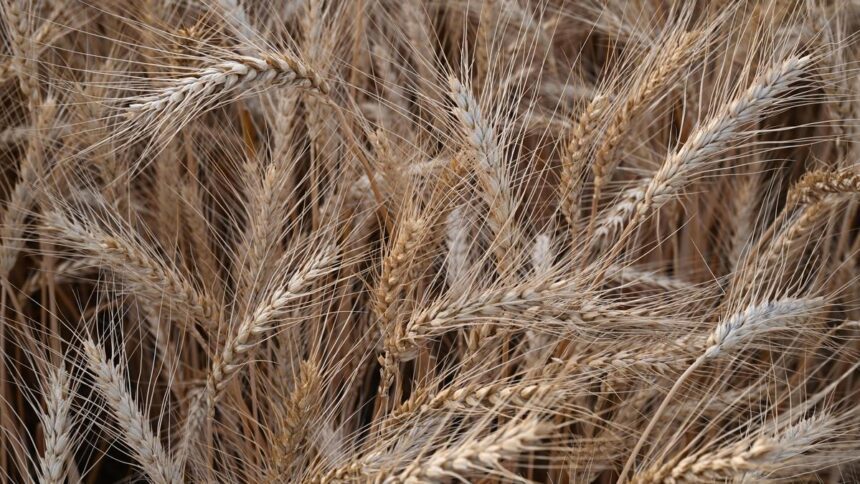A key panel of the Indian Council of Agricultural Research (ICAR) has approved 28 new varieties of wheat and barley for consideration by the seed sub-committee for release, coinciding with the upcoming wheat sowing season.
The Varietal Identification Committee (VIC), which convened in August under ICAR’s Assistant Director General SK Pradhan, reviewed requests for 46 new varieties of these crops. From this review, 28 varieties were “identified” for approval by the Central Sub-Committee on Crop Standards, Notification & Release of Varieties (CSN&RV). This includes 23 new wheat varieties from a total of 41 requested and all five new varieties of barley submitted by governmental and private institutions.
This year’s approval process is reportedly under stricter scrutiny following Agriculture Minister Shivraj Singh Chouhan’s concerns regarding farmers’ reluctance to adopt the various commercially released varieties. He questioned the rationale behind releasing such varieties when they are not ultimately cultivated by farmers.
Of the four wheat varieties proposed by Punjab Agriculture University (PAU), only two were approved: PBW 906 and PBW 915. PBW 915 is recognized for its yield advantage and resistance to wheat rusts in the North-East Plain Zone, while PBW 906 is suited for the central zone, also providing higher yield and rust resistance.
The VIC also identified seven out of the 11 wheat varieties developed by the Indian Agricultural Research Institute (IARI) for approval, as well as two from six submitted by the Indian Institute of Wheat and Barley Research (IIWBR). However, all three barley varieties from IIWBR received clearance.
In May, the Centre had notified 13 new wheat varieties, which included three from Pusa, two from IIWBR, and one from PAU, as well as three barley varieties for commercial cultivation.
Pramod Kumar, former President of the Roller Flour Millers Federation of India, noted, “Last time, some varieties were notified for Andhra Pradesh, Telangana, and Tamil Nadu, where wheat is normally not grown. There should be a study to determine if those varieties were successful during trials and address farmers’ reluctance to adopt them. The government needs to seriously consider expanding wheat cultivation since consumption is rapidly growing and outpacing production.”
India’s wheat production for the 2024-25 crop year is projected to reach a record 117.51 million tonnes (mt), with official procurement set at 30 mt. With the government aiming for an output of 119 mt this year, experts emphasize that prompt approval and adoption of high-yielding, climate-resilient seeds will be essential. Early clearance will enable seed companies to begin producing breeder seeds this year.
Published on October 10, 2025.










